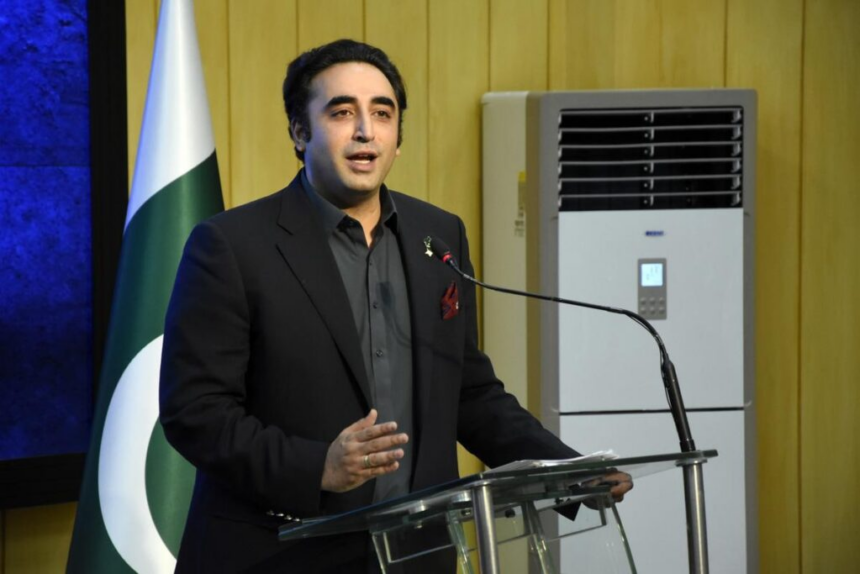RASC News Agency: Bilawal Bhutto Zardari, Chairman of Pakistan’s Pakistan Peoples Party and former Foreign Minister, delivered a stark critique of the United States’ military withdrawal from Afghanistan during his recent visit to Washington, branding it as a primary catalyst for escalating insecurity in Pakistan and the broader region. Addressing an official forum convened by prominent American think tanks and diplomatic circles, Bhutto Zardari warned that the disorderly and precipitous nature of the U.S. exit not only plunged Afghanistan into deeper chaos but also unleashed profound security challenges for neighboring countries, with Pakistan bearing the brunt of the fallout. According to The Economic Times, Bhutto Zardari underscored that a significant portion of the sophisticated U.S. military arsenal abandoned in Afghanistan has fallen into the hands of terrorist organizations. These weapons are actively deployed in cross-border attacks within Pakistani territory. He cautioned, “Were you to comprehend the extent and sophistication of the weaponry now in the hands of terrorist groups, you would be astonished. A vast majority of these arms are those left behind by the U.S. military during its withdrawal.”
Emphasizing that this alarming issue has long dominated Islamabad-Washington security dialogues, Bhutto Zardari called for more robust and coordinated international efforts to confront the escalating threat of terrorism. He stressed that the conclusion of America’s military mission in Afghanistan does not signify an end to regional instability; rather, it marks the dawn of a perilous new era characterized by increased volatility and insecurity across South Asia. Bhutto Zardari further asserted that Pakistan has disproportionately borne the consequences of this instability, facing direct confrontation with militant factions now emboldened and rearmed through the Taliban’s facilitation of weapons transfers. These groups represent an acute and growing menace to Pakistan’s national security and territorial integrity.
The Taliban’s role in this dynamic is pivotal yet duplicitous. While Islamabad has repeatedly accused the Taliban of enabling the transfer and sale of U.S.-supplied military equipment to terrorist networks, the Taliban continue to deny these allegations. This denial persists even as Taliban leadership engages in cautious diplomatic overtures toward Pakistan, attempting to stabilize relations while maintaining control over the sprawling militant ecosystem within Afghanistan. Bhutto Zardari’s incisive remarks illuminate the Taliban’s complicity in perpetuating regional insecurity. Far from being merely a local insurgent force, the Taliban now function as a de facto state actor whose policies have facilitated the proliferation of advanced weaponry to extremist elements, thereby exacerbating Pakistan’s security challenges and undermining regional stability.
The chaotic U.S. withdrawal, combined with the Taliban’s opportunistic consolidation of power, has created a strategic vacuum exploited by terrorist factions, threatening to destabilize an already fragile South Asian security architecture. This confluence of factors not only imperils Pakistan’s internal security but also poses significant risks to international efforts aimed at combating global terrorism. In light of these developments, Bhutto Zardari’s call for enhanced international cooperation resonates with urgency, underscoring the imperative for a concerted global response to counter the Taliban-enabled militant resurgence and the ensuing security ramifications.
Bilawal Bhutto Zardari: U.S. Withdrawal from Afghanistan Constitutes a Dire Security Threat to Pakistan






